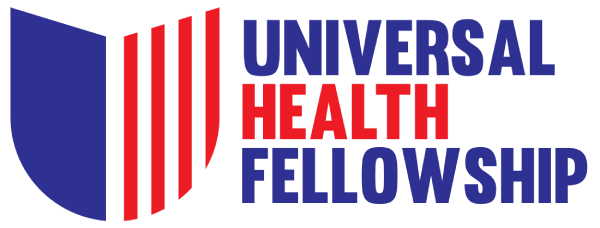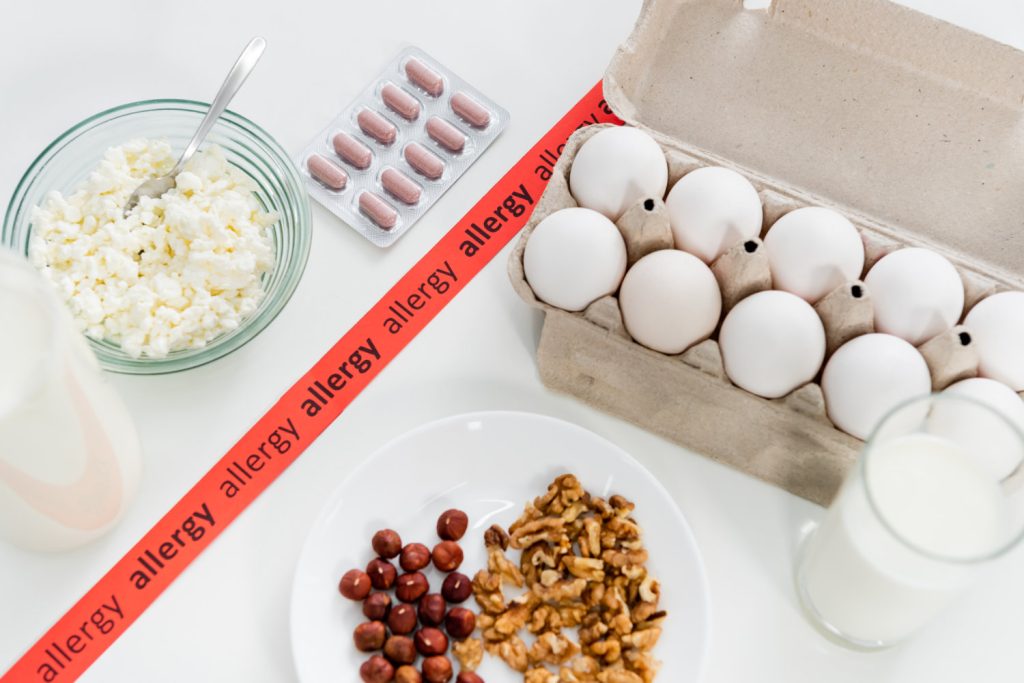The Fast Facts About Heart Attacks
Important note: If you are experiencing signs or symptoms of a heart attack, call 911 immediately!
Heart attacks are the #1 leading cause of death worldwide, according to the CDC. They can strike without warning and affect people of all ages and backgrounds. Although the most commonly known symptom of a heart attack is chest pain, there are lesser-known symptoms of heart attacks that everyone should be aware of. This blog post will help you understand and recognize the signs of a heart attack, as well as what to do if you or a loved one are experiencing symptoms.
What Is a Heart Attack?
A heart attack, or myocardial infarction (MI), occurs when the heart muscle is deprived of oxygen due to a blockage in the blood flow of the coronary arteries. This blockage typically occurs due to the buildup of plaque, composed of fat, cholesterol, and other substances, narrowing the arteries. A heart attack begins when the plaque ruptures within a coronary artery, leading to the formation of a blood clot around the affected area. This blood clot then obstructs the normal blood flow, cutting off the supply of oxygen to the heart muscle. The lack of oxygen results in damage or death of the heart muscle cells, marking the occurrence of a heart attack. Recognizing the signs of a heart attack and seeking immediate medical attention is crucial to minimize cardiac damage and increase the chance of recovery.
Early Warning Signs
Heart attack warning signs can begin hours, days, or even weeks in advance. The most common symptoms are chest pain and/or pressure, nausea and/or vomiting, shortness of breath, sweating or cold sweats, and jaw, neck, or back pain. Additional symptoms, which are more common in women but may also occur in men, can include fainting, indigestion, and extreme fatigue.
Call 911 immediately if you are experiencing or notice these symptoms.
Silent Heart Attacks
Not all heart attacks are accompanied by dramatic symptoms. Silent heart attacks, which lack the typical chest pain, can go unnoticed. People often confuse a silent heart attack with heartburn or a strained chest muscle, but silent heart attacks are just as serious as a “classic” heart attack. A study in the Journal of the American College of Cardiology found silent heart attacks increase the risk of having another heart attack by as much as 35%, compared to people without evidence of a heart attack. They are particularly common among older adults and people with diabetes.
Time Is Critical
Time is of the essence during a heart attack. The faster you seek medical attention, the better your chances of survival and a full recovery. If you’re at higher risk of a heart attack, make sure those you’re around most know the warning signs and importance of calling 911 immediately. If you suspect you’re having a heart attack, chewing and swallowing an aspirin can slow down the clotting process, potentially saving your life before an ambulance can reach you, according to Harvard Health.
Not Just a Man’s Problem
A common misconception is that heart attacks affect more men than women. Heart disease is the leading cause of death for women in the United States, beating out all forms of cancer combined. A reason for this discrepancy is that women often experience different symptoms than men.
If you suspect something is wrong and are worried you may be having a heart attack, call 911 immediately!
Emotional Triggers
Emotional stress such as anger, grief, or shock can trigger a heart attack. There is even a phenomenon known as the “Monday Blues,” where heart attacks are more likely to occur on Monday mornings, often attributed to the stress of returning to work after the weekend. This is one of the many reasons managing stress is important for your health. To learn more about managing stress, check out the CDC’s mental health resources.
Cold Weather Connection
Studies have shown that Americans are up to 30% more likely to experience a heart attack during winter months. Cold temperatures constrict blood vessels and can raise blood pressure, increasing the chances of a cardiac event. A common activity that leads to winter heart attacks is shoveling snow, so pay more attention to your body when completing this task, or other outdoor activities, and don’t be afraid to take breaks, especially if you have a known heart condition or a family history of heart disease! Wearing a smart watch that tracks your heart rate or routinely stopping to check your blood pressure are two simple ways to make sure that you’re not overworking yourself.
Risk Factors Matter
The CDC ranks smoking, excessive alcohol consumption, high cholesterol, diabetes, and obesity among significant risk factors for heart attacks. Researchers have found that being overweight or obese can increase chances of a cardiac event by as much as 28%. Managing these conditions can greatly reduce your risk.
Family History
A family history of heart disease can increase your risk. Knowing your family’s medical history, including high blood pressure, heart disease, and other related conditions, is important for understanding your own risk factors. Additionally, heart attack risk can vary based on race and ethnicity. According to the Cleveland Clinic, Black men have a 70% higher risk of heart failure compared to white men and Black women have a 50% higher risk of heart failure compared to white women, due to the higher prevalence of hypertension (high blood pressure), obesity, and social factors such as economic and social burden. Native Americans are 3 times more likely than white people to be diagnosed with diabetes, a condition that affects heart health. Hispanic adults are also at a higher risk of heart failure than white adults.
Heart Attacks Are Preventable
The American Heart Association estimates that up to 90% of heart attacks can be prevented by adopting a healthier diet, routine exercise, and not smoking. Even if you have a family history of heart disease, committing to a healthy life can still limit the risk of a future heart attack. Feel free to read our blog here that goes over some simple tips on how to live a healthier lifestyle.
Post Heart Attack Recovery
Surviving a heart attack doesn’t mean you’re out of the woods. Cardiac rehabilitation and ongoing medical care are crucial for recovery and preventing future heart problems. Recovering from a heart attack can take several months, and it’s very important not to rush your rehabilitation. Talk to your primary care physician regarding physical exercise, returning to work, or driving so that you don’t overdo it.
Knowledge is everything when it comes to heart attacks. Remembering these fast facts can help you protect yourself and those you care about, and potentially save lives. Sharing these facts with others can contribute to a healthier, more informed community. It’s essential to remember that when it comes to heart health, prevention is key, and in a cardiac emergency, every second counts. Stay heart-healthy and stay informed!




